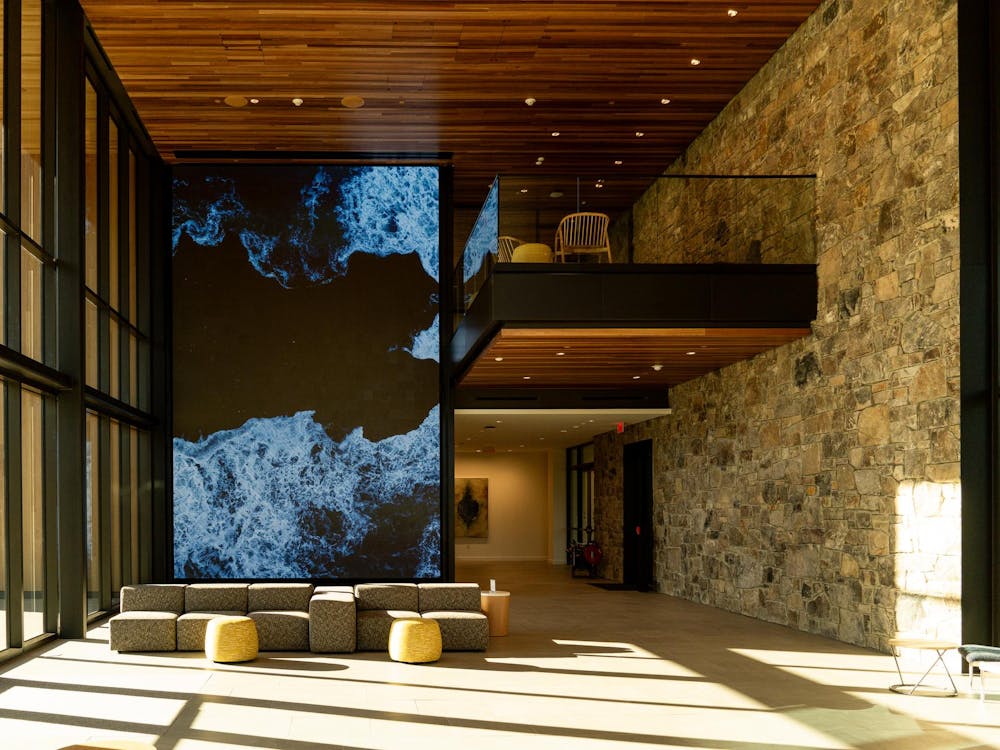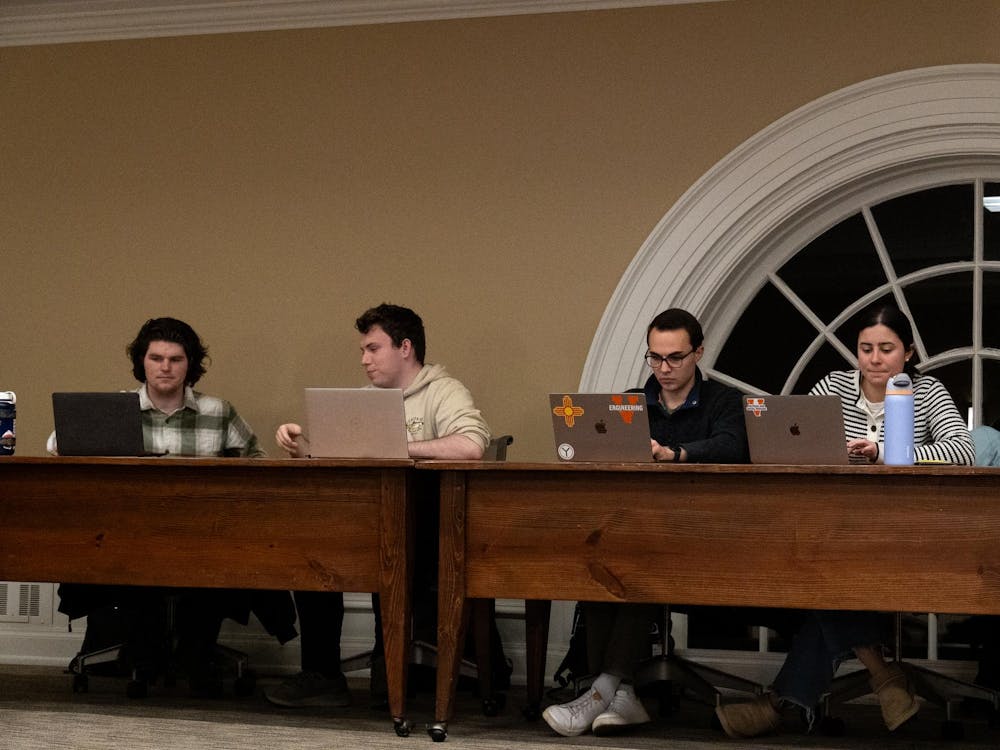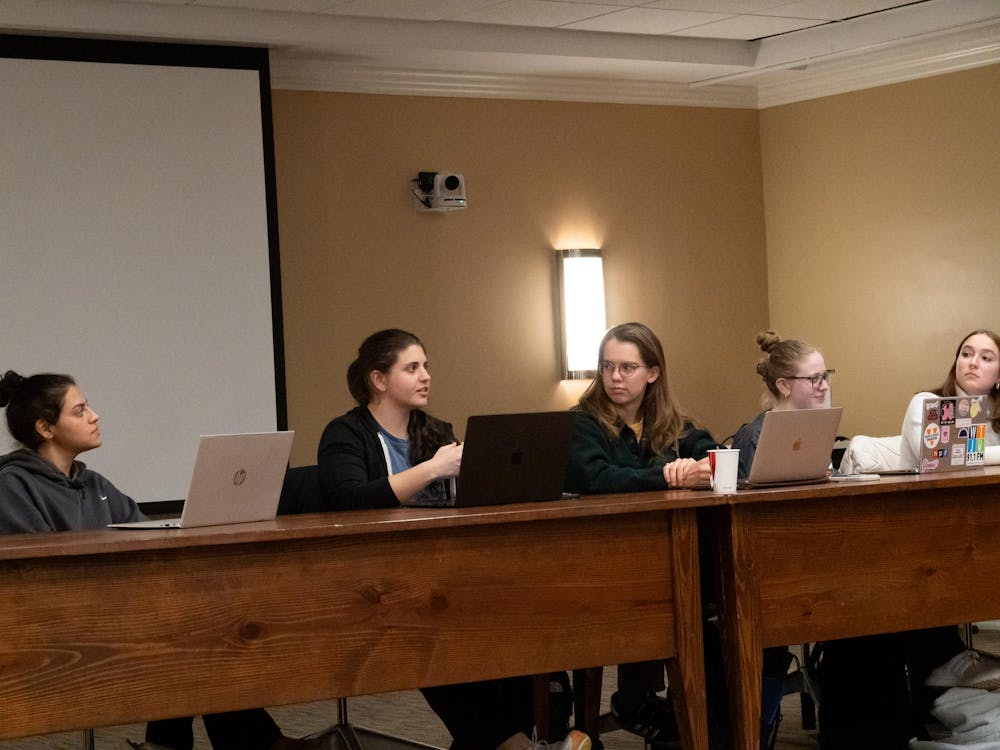Virginia community college graduates who meet certain requirements will now be guaranteed admission to the University's Engineering School because of an agreement signed last month by University President John T. Casteen, III and Glenn DuBois, chancellor of the Virginia Community College System. The agreement is similar to the one already in place between the College of Arts & Sciences and VCCS.
Engineering Dean James Aylor said students who wish to take advantage of the guarantee must fulfill several requirements. They must have completed an associate degree of science or an associate degree of arts and sciences in engineering or science within two years while maintaining a minimum GPA of 3.4. Students also must have received at least a grade of C in all their courses, with Bs in all of their calculus, physics and chemistry courses as well as their introductory English course. Aylor added that while students who do not meet these requirements can still apply for admission, they are not guaranteed acceptance.
Jeff Kraus, VCCS assistant vice chancellor for public relations, said the University is the second school whose engineering program has signed on to such an agreement. Virginia Tech, he said, was the first. Krauss also noted that he sees this step as beneficial to both the students and the schools affected.
"I think [the benefits] go both ways," Kraus said. "There is a great level of interest among students and a great interest at U.Va. to have highly qualified students."
Kraus added that these kinds of agreements meet one of the key strategic priority of VCCS: to increase the number of graduates who transfer to four-year colleges.
The program "provides another avenue of opportunity for students who may not have come out of high school with the best grades but want to push themselves," Kraus said. "Also for students who are hardworking and dedicated but don't have the money, VCCS [for the first two years] is an affordable option."
Currently the Engineering School enrolls about 40 to 50 external transfer students, including 20 from community colleges, said Phineas Paxton Marshall, associate dean for Engineering undergraduate programs.
Both Aylor and Marshall said they expect the implementation of this new program will increase those numbers.
"I think [the program] will increase the number of engineering students," Marshall said. "Many people believe we aren't graduating enough scientists and engineers in this country to stay competitive," Marshall said.
Although the adjustment from VCCS to the University may be a challenge, Kraus said he feels transfer students will be successful at their new institutions.
"Community colleges produce really good graduates," Kraus said. "Study after study has shown that community college students do just as well as native students."
Additionally, several VCCS schools have programs that help students prepare for this switch, Marshall said.
He noted that several schools including Northern Virginia Community College in Annandale, Piedmont Virginia Community College in Charlottesville and J. Sarg Reynolds Community College in Richmond "have a substantial portion of the first two years' [of classes] of several of our majors."
Aylor added that a separate program has been set up at Central Virginia Community College in Lynchburg that will provide the first two years of a bachelor's degree from the Engineering School. He said about 125 students started the program in fall 2007, noting that he expects about half of them to begin their last two years at the University in fall 2009.
Once admitted to the University, these students will have the option of either transferring to Grounds or participating in "distance learning" from their current Lynchburg locations. This will be accomplished, Aylor said, through the use of either electronic courses or traveling professors.




